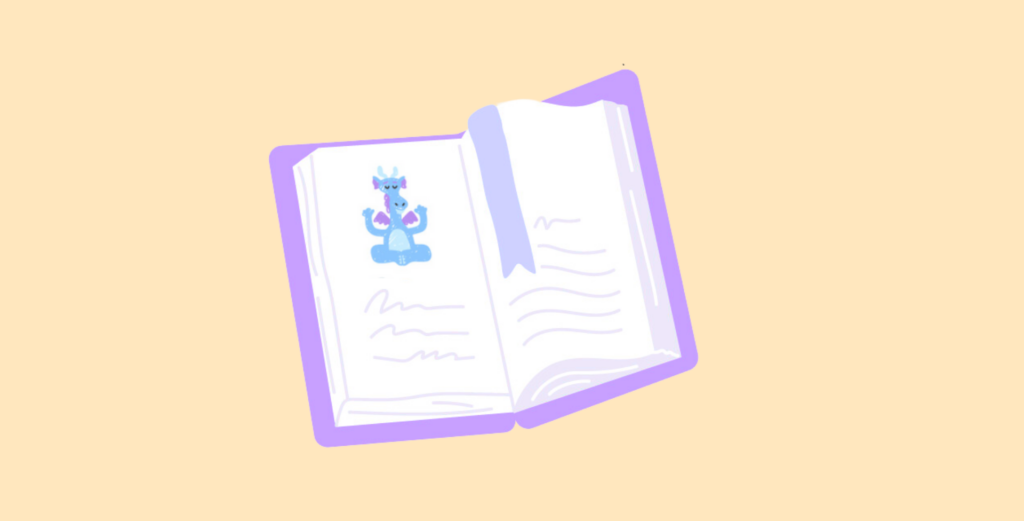
Have you ever noticed how children become happy when it is time to listen to a story? They will most often drop everything they are doing and become calm, quiet and focused, hanging on to every word. Like a magic portal, stories guide children into different times and new worlds where they meet amazing characters and join them on fabulous adventures.
It makes sense that children would be drawn to stories, whether they are fairy tales or stories about real kids and real situations. Children’s lives are an adventure of sorts. They are constantly navigating through different stages of child development. Just as soon as they’ve mastered one skill, they are on to another, and then another. In childhood, it seems that the only constant in kids’ lives is change.
With this consistent change often comes feelings of uncertainty, fear, and overwhelm. Stories, especially familiar and beloved tales, are like an anchor that help ground children when they feel the storms of change in and around them. But stories are a lot more than anchors. They are the vehicles through which children learn, and often learn the best.
For centuries, learning and knowledge have been passed down through oral, and then written stories. In ancient times, stories shared healing, spiritual truths, traditions of the past, and were the biggest form of entertainment.
Educational research shows that stories, today, are much more than entertainment for kids. Stories increase cognitive development and plan an important role in language acquisition. Additionally, stories teach kids about new things, give them new perspectives, help them develop empathy, and promote creative thinking.
When children listen to stories, they are introduced to new vocabulary that is used in a variety of different contexts. Learning new words helps develop grammar and reading skills, which impacts all of their other learning. Often children who love listening to stories become children who love to read. A love of reading often translates into more learning and the development of a child’s self-confidence and independence. When kids can read they are free to learn and grow on their own. Reading is education, and education is freedom.
Creative thinking helps kids develop their imaginations and boosts their ability to think critically and engage in problem-solving. With expanded imaginations, kids are open to new ideas and consider different perspectives. Stories give children a window into different worlds, people, events and places.
The wonderful thing about guided story meditation is that they have all of the benefits of stories, in addition to being calming, entertaining, educational, and healing.
Everyone loves stories, regardless of age. There is a reason why many speeches and commencement addresses begin with a story. People stop and listen…they become engaged with the characters and want to know what happens next. And research has shown, time and time again, that children learn better when taught concepts through the narrative of a story. Meditative stories introduce kids to, and teach, meditation. Since many children are often not familiar with meditation, learning meditation along with a favorite character in a story makes the practice much easier and a lot more engaging.
Guided story meditations help children easily connect to meditation through two key components: representative storylines and familiar characters. Childhood is full of changes, and stories let kids know they aren’t alone when they feel strong emotions. Stories give children time and space to get perspectives on their experiences and to see that others are going through the same thing.
By giving a narrative and a name to what they are feeling, guided story meditations help children see that they aren’t alone. Familiar characters help children slip into meditation more easily, as they recognize and feel comfortable with recurring characters. Like their favorite book or TV series, story meditations allow kids to meditate in a predictable world where they feel relaxed.
Meditation and mindfulness are practices that have withstood the test of time, but have only recently begun to be studied scientifically. Although their benefits have been reported by people for hundreds of years, there has been a lack of definitive proof that such benefits were rooted in science. As meditation and mindfulness have become increasingly popular over the past few decades, there is a growing body of scientific evidence that confirms these practices are evidence based and offer many benefits for health and wellbeing.
A 2021 study in The Journal of Clinical Sleep Medicine found that children who practiced mindfulness gained an extra 74 minutes of sleep per night, over the course of the two year study. Another study demonstrated over a three month period that meditation can help lower heart rates and blood pressure in children.
A 2023 study done by researchers at MIT, found that kids with post-pandemic stress who practiced meditation and mindfulness had improved mental health. While research into the benefits of meditation for children is an emerging field, a recent meta-analysis indicates that children who meditate experience a wide-variety of benefits, including less anxiety, increased empathy and self-compassion, improved focus, increased social skills, better behavioral skills, and improved executive functioning, just to name a few.
Kids won’t necessarily care about the scientific benefits of meditating, they will simply love listening to stories that captivate their imaginations and transport them into a world of calm.
They will also care about seeing themselves represented in stories, with characters who are like them and who are facing similar challenges. Stories like these will help children easily connect to meditation, as the characters feel equally familiar and comfortable as their favorite cartoons.
Guided story meditations are also unique in the way that they blend teaching skills into the narrative of a story. When children follow along with the story meditation, and meditate alongside a favorite character, they easily assimilate the meditation skill or technique, learning by doing, and by doing it with a character that is like a friend.

